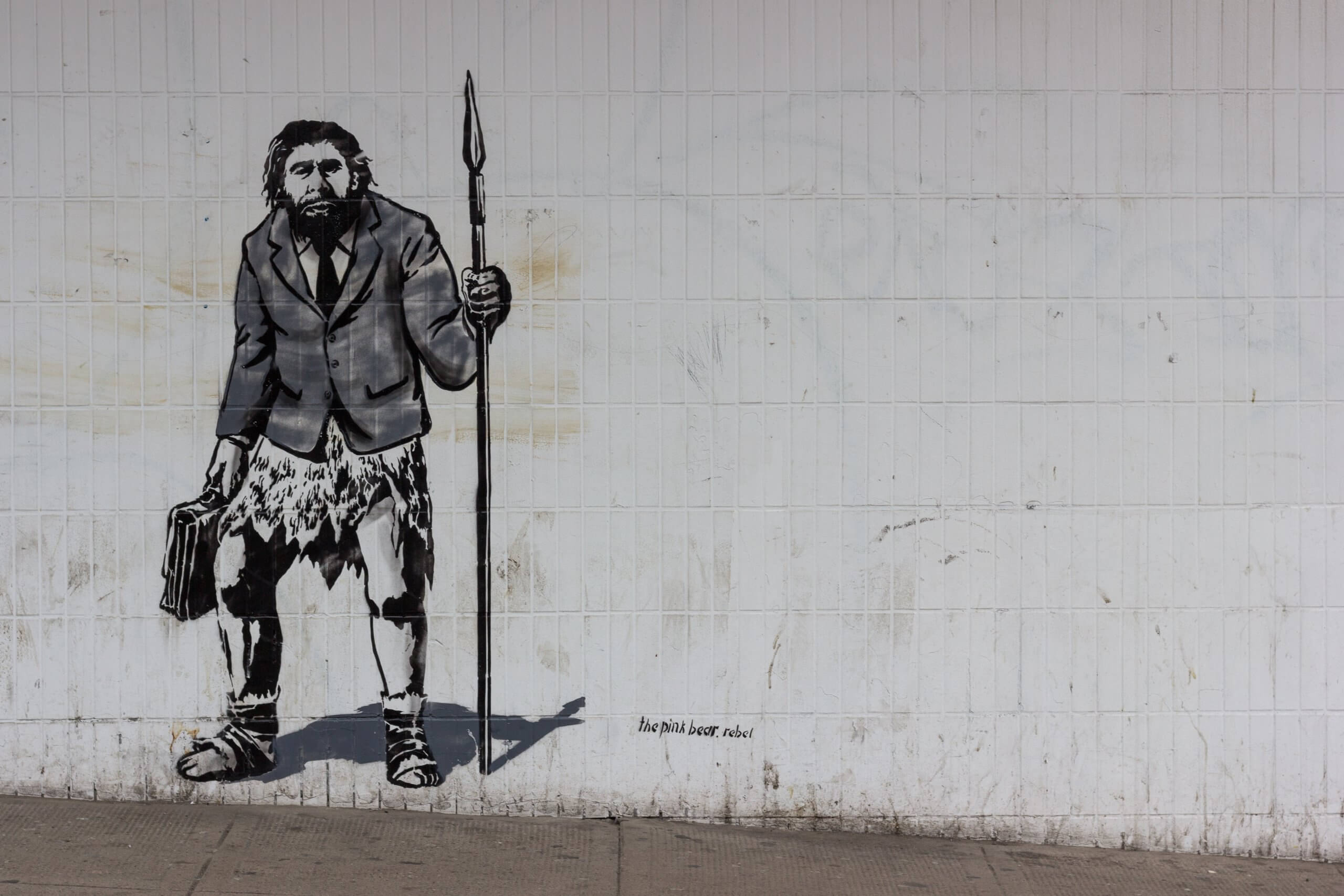Swedish and German researchers find that a modern biological change to a protein in the human body protects individuals from oxidative stress that causes vascular diseases and inflammatory bowel disease (IBS). However, a small percentage of the global population carries the original Neanderthal variant of this defense protein, making them more susceptible to disorders stemming from oxidative stress.
“Stopping oxidative stress is a bit like preventing something from rusting. Perhaps the fact that we are living longer has driven these changes,” explains Svante Pääbo in a statement, one of the study leads at the Max Planck Institute for Evolutionary Anthropology.
Protein Changes
Currently, 100 proteins in the human body exhibit change in present-day people. However, this specific protein, known as glutathione reductase, is only the third to show a change in modern-day humans in current scientific research.
Proteins, chains of amino acids, are the building blocks of all cellular make-up. For this reason, recent protein studies have emerged because scientists think these cellular shifts might be the answer to why present-day people are distinctive. Scientists continue to search to find why these changes separate modern people from original Neanderthals from millennia in the past.
Research Findings
A recent study explores the intricate transformation in glutathione reductase over large segments of time. Researchers find that the Neanderthal variant of the protein creates more reactive oxygen radicals. The greater concentration of reactive oxygen radicals in the body then leads to more oxidative stress on the internal system of an individual.
The study also determines that the Neanderthal form of the protein is present in some modern-day people groups at a minimal frequency. Mainly, expressions of the ancient protein variant occur in the subcontinent of India. Researchers find that it occurs at an approximate frequency of 1 to 2 percent of the population. This small subsection of people does have a higher chance of developing oxidative stress-generating diseases like vascular diseases and IBD.
“The risk increases we see are large; several times increased risk of inflammatory bowel disease and vascular disease,” explains Hugo Zeberg, of the Karolinska Institutet and the Max Planck Institute for Evolutionary Anthropology.
With the continuations of these evolving protein studies, scientists may find more ways in which modern-day people exist, live, and survive more efficiently, now and in the future.
This study is published in Science Advances.
